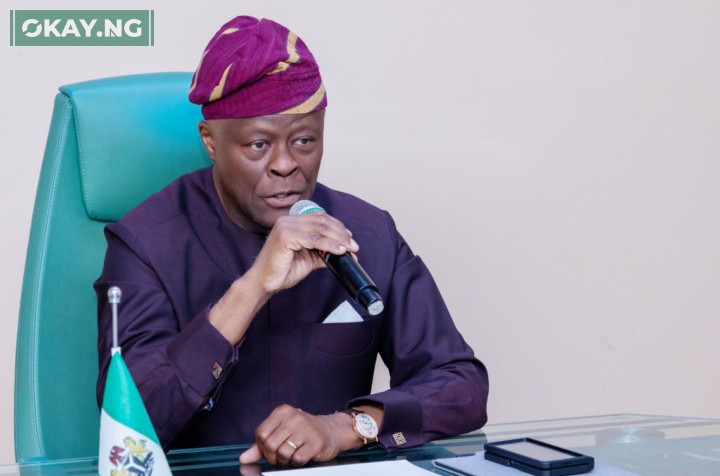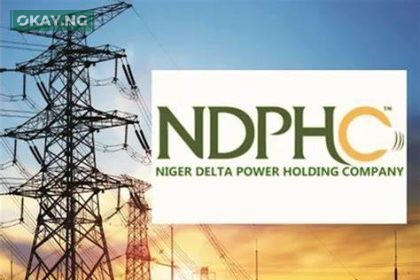The Nigeria Federal Government has formed a specialized subcommittee to meticulously assess the direct and indirect ramifications of recent trade tariffs imposed by the United States, coupled with the concerning decline in global oil prices. This strategic initiative, announced by the Federal Ministry of Finance, underscores the nation’s proactive approach to navigating turbulent global economic currents.
The Economic Management Team (EMT), under the leadership of Minister of Finance and Coordinating Minister of the Economy, Mr. Wale Edun, convened earlier this week to address the looming fiscal and economic challenges presented by the US tariff measures. While Nigeria’s primary export, crude oil, has not been directly targeted, the accompanying dip in international oil prices has raised significant concerns.
“Of particular focus was the recent announcements of tariff measures by the United States Government and their potential impact on Nigeria’s economy,” stated Mohammed Manga, Director of Information and Public Relations at the Federal Ministry of Finance. “While crude oil—Nigeria’s major export—has not been directly targeted, the EMT noted the accompanying fall in the international oil price.”
To ensure a data-driven response, the EMT has established a subcommittee comprising representatives from the Federal Ministry of Finance, the Ministry of Budget and Economic Planning, including the Budget Office of the Federation, and the Central Bank of Nigeria (CBN). This expert panel is tasked with conducting a thorough review of the economic fallout from the US tariffs and the volatile commodity markets.
Read Also: Nigeria Unlikely to Seek IMF Loan, Finance Minister Assures
“The subcommittee also held its inaugural meeting this week and will ensure it presents its findings to the full EMT without delay,” Manga added, emphasizing the urgency of the situation.
The decline in global oil prices, now dipping below Nigeria’s fiscal breakeven level of approximately $60 per barrel, poses a significant threat. Analysts warn that prolonged low oil prices could drive Nigeria’s current account balance into deficit and weaken the naira.
JP Morgan, a leading global financial services firm, has cautioned about potential declines in foreign portfolio investment due to these global uncertainties. This warning highlights the critical need for Nigeria to adopt swift and effective countermeasures.
The formation of this subcommittee demonstrates the Nigerian government’s commitment to meticulously evaluating economic policies and international developments. By adopting a proactive stance, the government aims to mitigate potential risks and ensure the nation’s economic resilience.
The government’s decision to form this task force reflects a clear awareness of the challenges and a commitment to safeguarding the nation’s economic interests.
The subcommittee’s rapid delivery of its findings is crucial, as it will provide critical insights and recommendations to guide Nigeria’s economic strategy in navigating the ongoing global economic volatility. This initiative underscores the government’s dedication to maintaining economic stability and fostering a conducive environment for sustainable growth.












